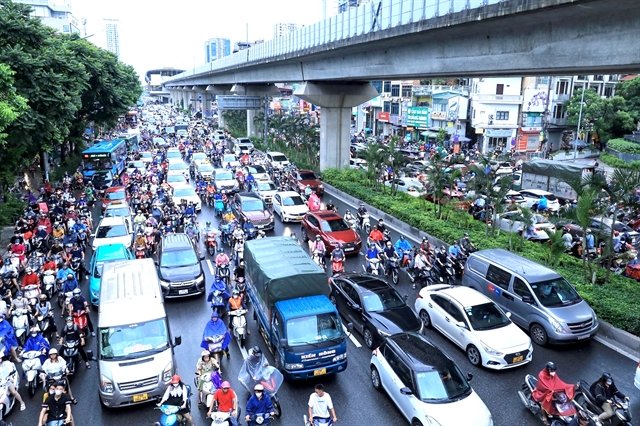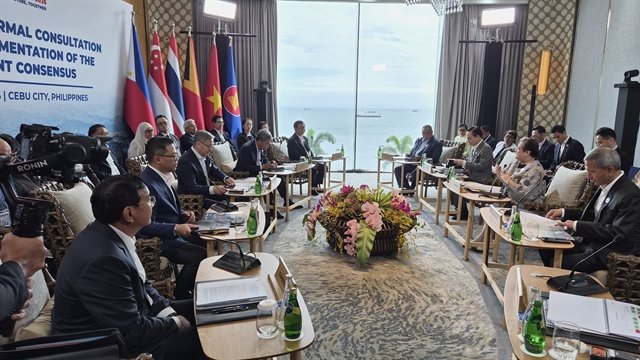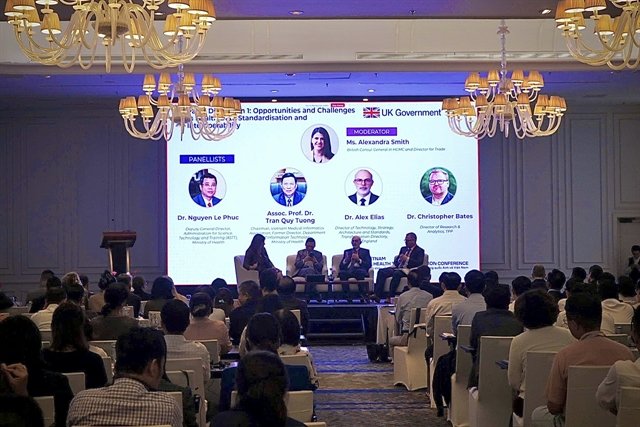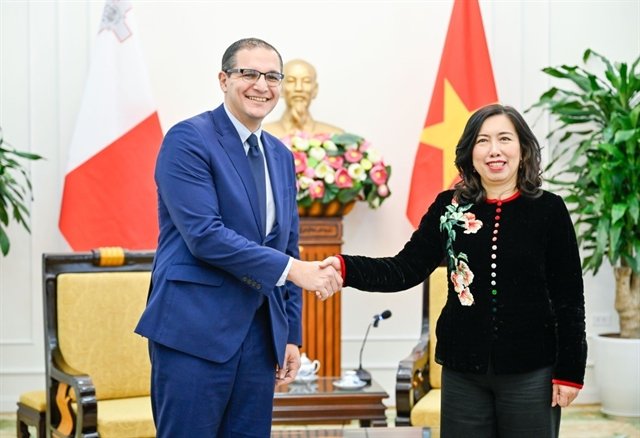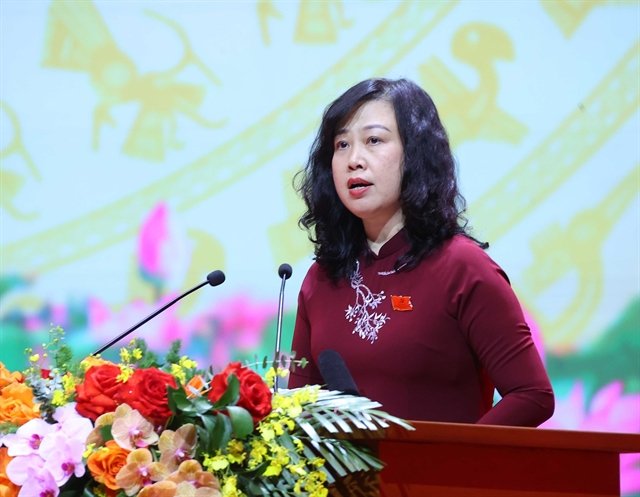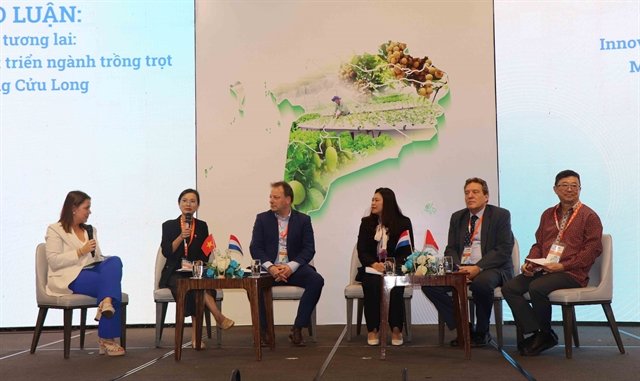Hanoi, May 18, 2025 — The Europe Today: Prime Minister Phạm Minh Chính chaired a high-level meeting on Saturday evening with standing Cabinet members, ministries, and central agencies to deliberate on the drafting of two critical Politburo resolutions, aimed at delivering transformative reforms in Vietnam’s public healthcare and education sectors.
The draft resolution on public healthcare presents a comprehensive roadmap to address national development needs in the new era, including proposals to progressively waive hospital fees, ensure regular health check-ups, broaden access to vaccines and immunisation, and enhance the quality of healthcare services. It also calls for the strengthening of medical supplies management and the effective application of science and technology.
Key reform measures include a paradigm shift in healthcare leadership and service delivery, greater investment in preventive medicine, grassroots healthcare, and traditional medicine, as well as high-quality training and incentive policies for healthcare professionals. The resolution also emphasises healthcare finance reform, innovation, digital transformation, and the mobilisation of resources to promote private sector participation.
PM Chính urged swift completion of the resolution, integrating existing policies while removing institutional barriers and identifying bold, inclusive breakthroughs that meet public expectations. He stressed the need for decentralisation, administrative streamlining, and the elimination of “ask-give” mechanisms to enhance efficiency.
“The protection of public health must be recognised as a fundamental, strategic, and long-term responsibility, while treatment is a continuous and responsive process,” he stated.
The Prime Minister also underscored the importance of ensuring healthcare equity, particularly for remote, border, and island communities, and ethnic minorities. He called for a robust two-tier governance model to strengthen local healthcare delivery and further development of the pharmaceutical and vaccine industries.
Additional priorities include promoting health tourism, advancing digital and smart hospitals, and gradually waiving hospital fees, beginning with free healthcare services for children.
Turning to the draft resolution on educational reform, PM Chính acknowledged the progress made in recent years but pointed out persistent bottlenecks that must be addressed to modernise the national education system, ensure equitable access, and improve overall quality.
The resolution, he said, should aim to enhance vocational training, modernise higher education, develop high-quality human resources, particularly in science and technology, and foster research, innovation, and creativity.
Proposed breakthroughs include strengthening state management, reforming education finance policies, investing in modern educational infrastructure, advancing comprehensive digital transformation, and promoting digital, AI, and foreign language literacy—especially English proficiency. He also advocated for education that supports cultural, aesthetic, and physical development, ensuring well-rounded learners.
The Prime Minister instructed that the resolution clearly define its coverage across general, vocational, higher, and post-graduate education. It should outline a roadmap for foreign language education and propose strategies for skilled workforce development, particularly in high-tech and innovation-driven sectors.
He further called for the development of elite talent programmes, improvement in teacher training, infrastructure modernisation, and optimisation of the national education network.
PM Chính concluded by directing ministries and agencies to incorporate stakeholder input and finalise the resolutions for timely submission to the Politburo.

